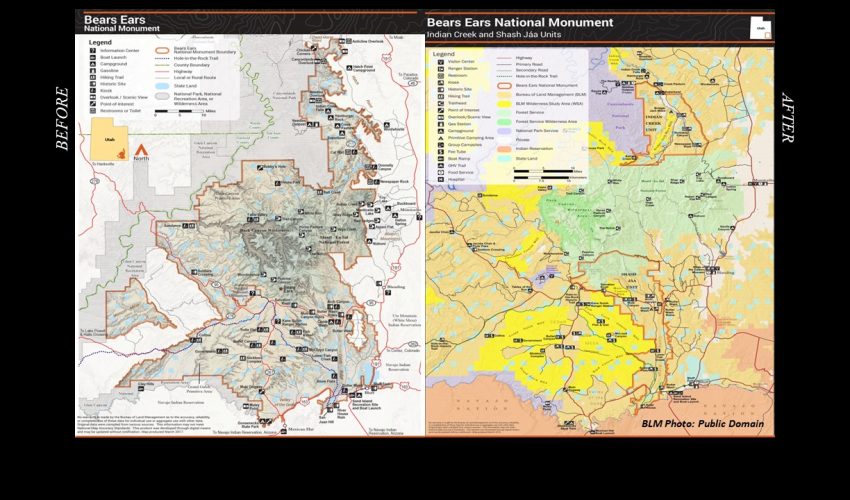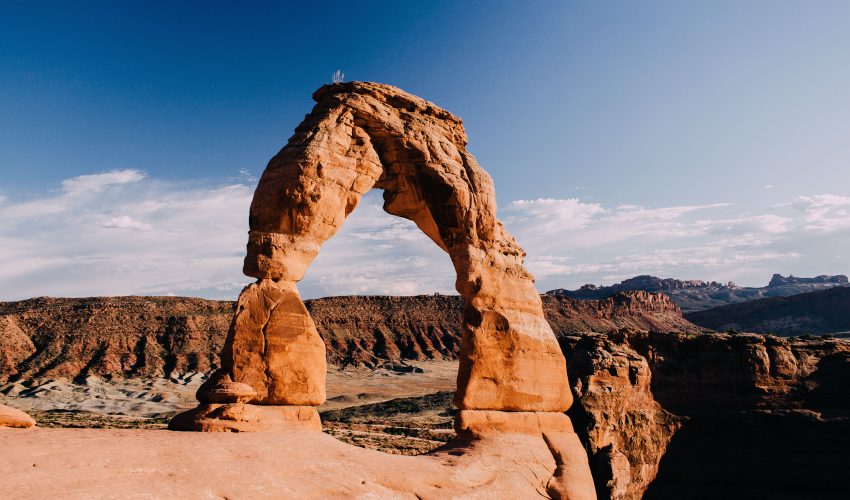By Sean D. Reyes
Utah Attorney General
Few issues stir stronger passions among Utahns than the care and management of our public lands. That is why it is so important that all sides be as truthful as possible when debating this issue publicly. Unfortunately, many have resorted to misinformation and scare tactics in response to Sen. Mike Lee’s new Protect Utah’s Rural Economy Act.
To read some op-eds in local papers, you’d think Lee had proposed selling Zion National Park or Wasatch National Forest to oil companies. Nothing could be further from the truth. Nothing in the PURE Act, or any other legislation Lee supports, would touch any of the national parks, national forests or national recreation areas in the state of Utah, or any other state for that matter.
Utah has a thriving outdoor recreation industry that depends on these federally operated lands, and no one wants to take them away.
So if everybody agrees that these parks, forests and recreation areas should be protected, then what is everyone so upset about?
What many people don’t realize is that the public lands that drive Utah’s outdoor recreation economy are just a small portion of all federal land in Utah. Of the 33.3 million acres owned by the federal government, just over 12 million of them are the parks, forests, wildernesses and recreation areas that thousands of Utahns, Americans, and people from around the world visit every year.
It is the rest of that federally owned land that the PURE Act would ensure works for all Utahns.
Agriculture is still big business in Utah, especially in Utah’s many rural communities, where ranching has been a way of life for generations. Unlike cattle operations in states like Wisconsin or Vermont, however, Utah ranchers don’t actually own the land their livestock graze on. The federal government does.
So when a president from a distant state who has never even been to a rural Utah community comes in and unilaterally designates a new national monument without any input from local communities, these generations-old ranching families are hardest hit.
Monument designations come with strict new rules on how these families can use and access the land they have been farming on for decades. Often these added rules layer on top of a network of laws and regulations that already adequately protect public lands. The result is not greater protections, but greater disruption of life. Old roads are closed. New improvements like fences or water management are forbidden.
Ranching on, or even near, lands declared a monument becomes much less productive. Farms shrink. Jobs disappear. Rural communities are forced to change — and not for the better.
It doesn’t have to be this way. We can empower rural Utah communities and give them a voice in how the federal lands around them are used. And that is exactly what the PURE Act does.
The PURE Act requires the president of the United States to get authorization from Congress and the Utah Legislature before a new national monument can be created or an existing national monument expanded. By providing this protection, a protection similar to that enjoyed by Alaska and Wyoming, we can make sure the communities affected by monument designation have a voice in how the land around them is managed.
Utah has a remarkably diverse and dynamic economy that is changing every day. Outdoor recreation and tourism play a vital role in our economy, but so do farming and ranching. Change is never easy, but change can be particularly painful when it is forced on us by outsiders. We should be looking for solutions that empower local communities to give them as much control over their own destinies as possible.
The PURE Act does that. It lets Utahns govern Utah. And that is why I am proud to support it.
This op-ed was originally published in the Salt Lake Tribune, August 26, 2018.
Photo by Alexandre Chambon


